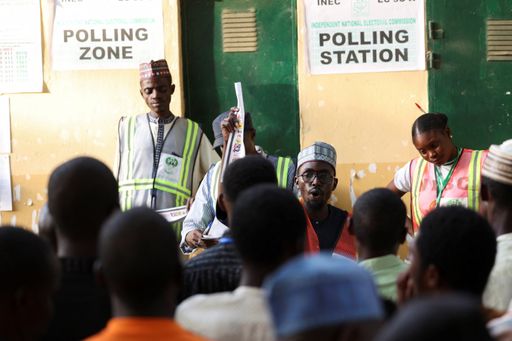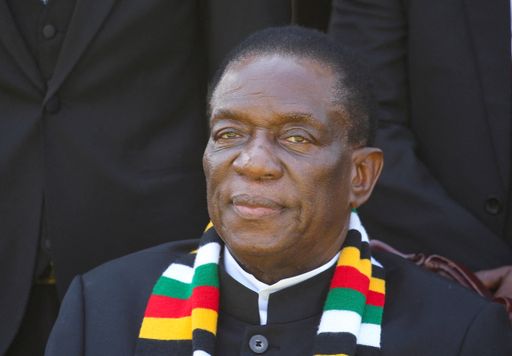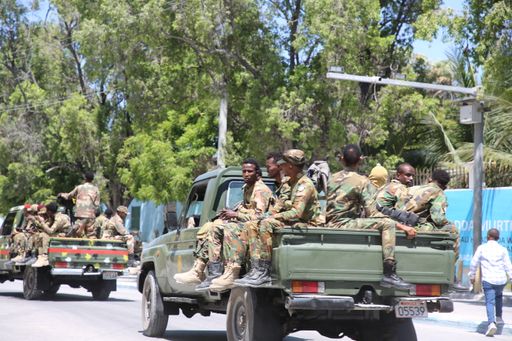Sport
The nuclear agreement was signed in Niamey during a visit by Russian officials on Monday.
Niger and Russia have signed a Memorandum of Understanding aimed at strengthening bilateral cooperation in civilian nuclear use and uranium mining.
The agreement was signed on Monday following talks between a Russian delegation and Niger’s leader General Abdourahamane Tiani in Niamey, according to Niger’s state news agency, ANP.
“We have agreed to train national managers who will be able to work in our areas of intervention such as (energy, agriculture, health, education), and we will also prepare engineers from the start of their studies, so that they can continue their studies at universities in the Russian Federation,” the news agency quoted Russia’s Minister of Energy Sergei Tsivilev, who led the delegation, as saying.
“We have seen many presentations on the possibilities that are present in Niger and at the moment our teams are discussing how we can implement this potential that exists here in Niger,” Tsivilev said.
“We must work on the basis of mutual trust, mutual respect, and greater mutual benefit,” the Russian official added.
Turning back against West
Niger’s officials who were part of the talks include the minister of national defence, the minister of mines, the minister of foreign affairs, the minister of energy, the minister of the Office of the President, and the president’s advisors on mines and energy, according to ANP.
Niger is one of the world’s largest producers of uranium, a key nuclear component, while Russia is one of the nuclear powers in the world.
The signing of the deal comes barely a month after Niamey announced plans to nationalise the Somair uranium joint venture operated by French nuclear fuels company Orano.
Niger, along with neighbouring Mali and Burkina Faso, has continued to distance itself from Western powers, including former colonial ruler France, which they accuse of exploitation and interference with their sovereignty.
Instead, they are embracing alternative partners such as Russia and Türkiye, boosting ties in various fields, including security, economy, and diplomacy, aiming for better development outcomes.
Comments
No comments Yet




















Comment